Enterprise zones 'failed to deliver' jobs boost in England
- Published

Enterprise zones were created by the government in a bid to improve economic growth in 24 areas across England
A multimillion-pound government policy to boost job creation has failed to deliver, research has revealed.
In 2011, the government announced "enterprise zones" in England to try to improve economic growth, forecasting 54,000 new jobs between 2012 and 2015.
But BBC-commissioned research found by 2017 only 17,307 jobs had been created in 24 zones around England - and in two areas the number of jobs had fallen.
The government said it had created 38,000 jobs since 2012.
Enterprise zones offered cheaper business rates, superfast broadband and lower levels of planning control.
The research, which was conducted by think tank charity Centre for Cities using data from the Office for National Statistics (ONS), showed the number of jobs created fell short by nearly three-quarters of the amount predicted in the government's initial announcement in 2011.

ONS figures analysed by Centre for Cities suggested the Bristol Temple Quarter and Bath and Somer Valley enterprise zone generated the most jobs between 2012 and 2017 with a net increase of nearly 5,500.
But Lancashire came out worst with a loss of 2,347 jobs. The Humber enterprise zone was the other area to have lost jobs by 2017 - with 320 fewer.
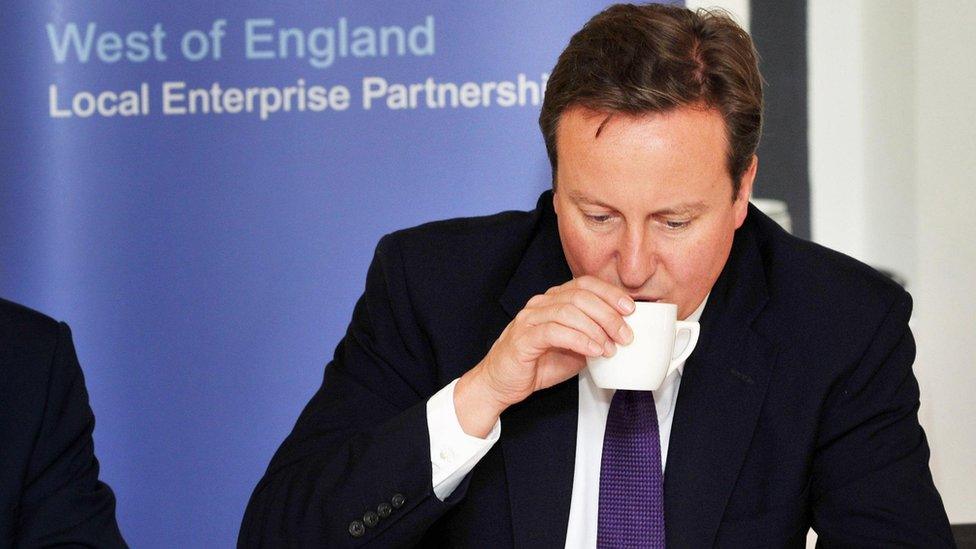
Local Enterprise Partnerships were launched by then Prime Minister David Cameron in 2011
Principal economist Paul Swinney, from Centre of Cities, said the job losses in Lancashire and Humber were largely due to redundancies at BAE Systems.
"There were jobs created in the Humber and Lancashire between 2012 and 2015 but nowhere near enough to offset the job losses at BAE," he said.
Lancashire was also affected by public sector job cuts. A skills document published in 2015 by Lancashire County Council, external said unemployment in the area had risen from 40,700 in 2009 to 57,400 in 2012.

Paul Swinney, from Centre of Cities, said money spent on enterprise zones "should've been better used on skills training"
Ian Gent, a former BAE Systems employee and union convenor, said the Humber enterprise zone had "failed to deliver in the way it should have done" and did not bring the high-skilled jobs that were needed in the area in the wake of the BAE job losses.
"We didn't see it materialising into opportunities for people to go to," he said.
"It should've been about supporting people more than focusing on businesses.
"We want proper, well paid, high-skilled jobs."
He said there were "swathes" of land that remained unoccupied by businesses.
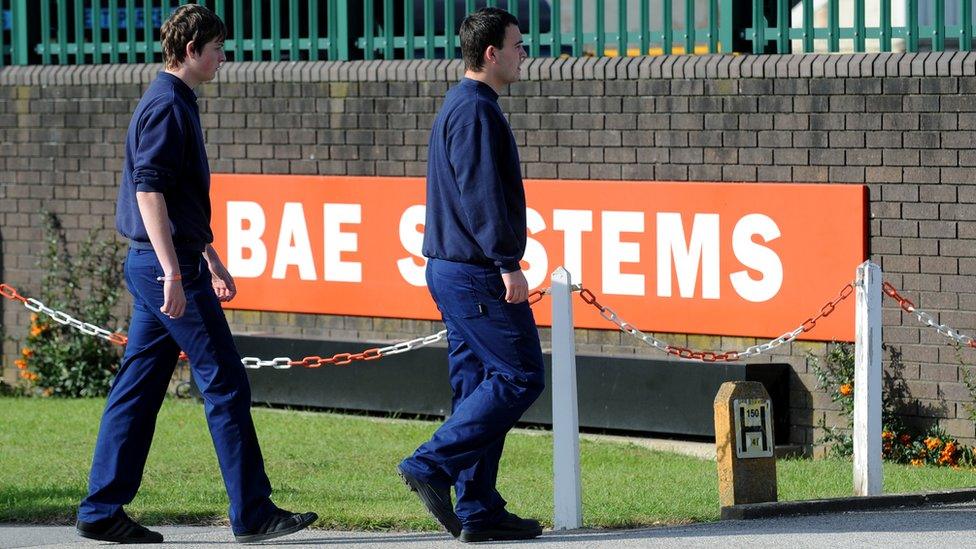
Redundancies at BAE Systems played a part in overall losses of jobs in enterprise zones in Lancashire and Humber
Mike Robinson, director of a young engineering business that started five years ago, said the attraction of an enterprise zone was "the zero business rates for five years".
"That's the main reason why we set up here. That and because it's a good location with easy access to the motorway."
His company, Rexrob Engineering, is based at the Humber Enterprise Park in Brough - a 79-acre site that includes a BAE Systems plant. Mr Robinson said he left another engineering firm to set up the business, which now employs 20 people.
"We've grown very quickly but I wouldn't say it's down to the enterprise zone," he added.
Chief executive of the Humber LEP Kishor Tailor said the Humber enterprise zone had given existing businesses in the region "the opportunity to expand with new, larger and more modern premises - retaining jobs in the region and enabling them to create new ones".
The MHCLG said it had invested £101m in enterprise zones.
But a BBC Freedom of Information request to 22 Local Enterprise Partnerships (LEPs), their councils and the government suggested £316.6m of public money had been spent on the overall scheme.
The total figure is likely to be higher as, two local authorities - Manchester and Vale of White Horse - said they did not hold the relevant information, while Bristol refused to disclose its figure because of the cost of retrieving the data.
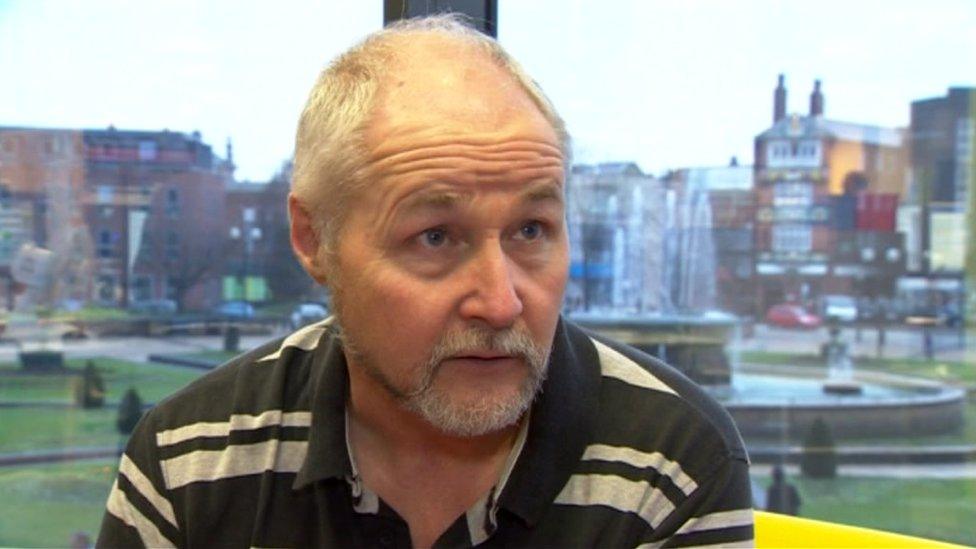
Ian Gent believes enterprise zones "do not serve a purpose"
In December 2013, the National Audit Office published a paper, external detailing the government originally expecting 54,000 additional jobs to be generated by 2015 but this estimated figure was later revised to "between 6,000 and 18,000".
Mr Swinney described the policy as being "not that effective" and "out of kilter" with reality.
"Very little reward has come out of the money spent on enterprise zones," he said.
"The number of jobs created - a key measure of success for the policy - has been well below expectations, and the jobs that have been created have tended to be lower-skilled, lower-paid positions."
"That money should've been better used on skills training," he added.
The Ministry of Housing, Communities and Local Government said it did not recognise the methodology used in the research.
A spokesperson said: "We're proud that since 2012, Enterprise Zones have supported over 877 businesses, attracted £3.5bn of private sector investment and created over 38,000 jobs.
"Enterprise Zones are just one part of our extensive package of support for communities - including the £12bn Local Growth Fund - which is creating jobs, helping local businesses to grow and building an economy that works for everyone."
- Published28 March 2019

- Published16 November 2015
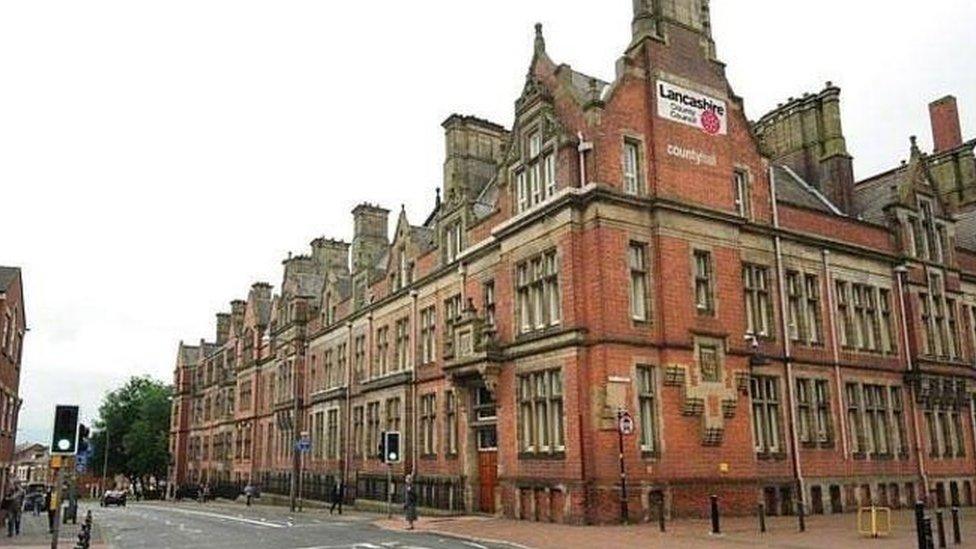
- Published12 November 2015

- Published17 December 2014
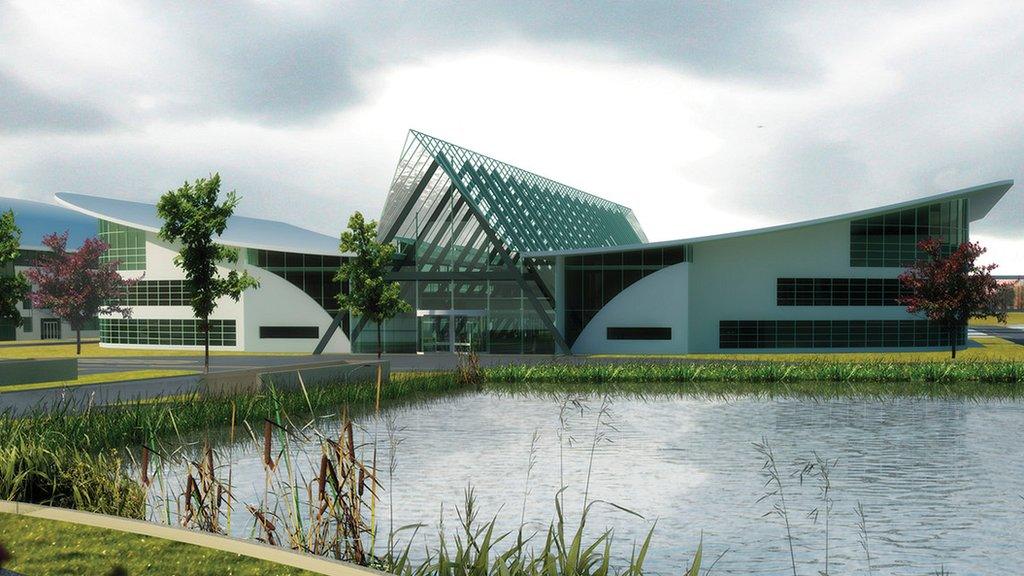
- Published14 January 2014
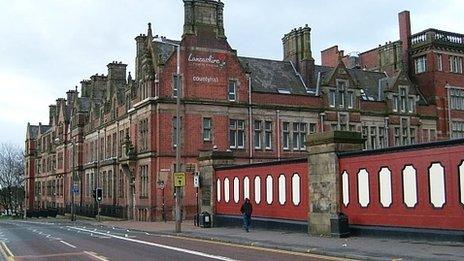
- Published20 September 2013

- Published21 April 2012
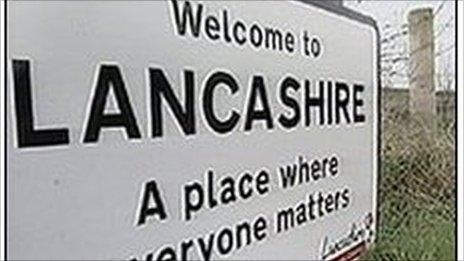
- Published2 March 2012
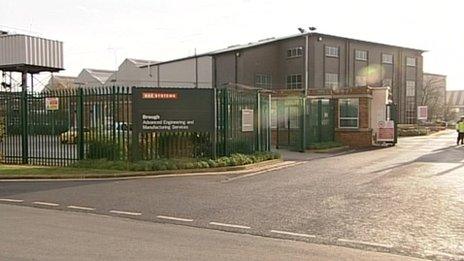
- Published13 January 2012
- Published2 October 2011
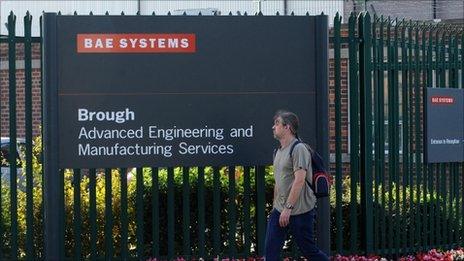
- Published26 September 2011

- Published27 September 2011

- Published17 August 2011

- Published18 February 2011